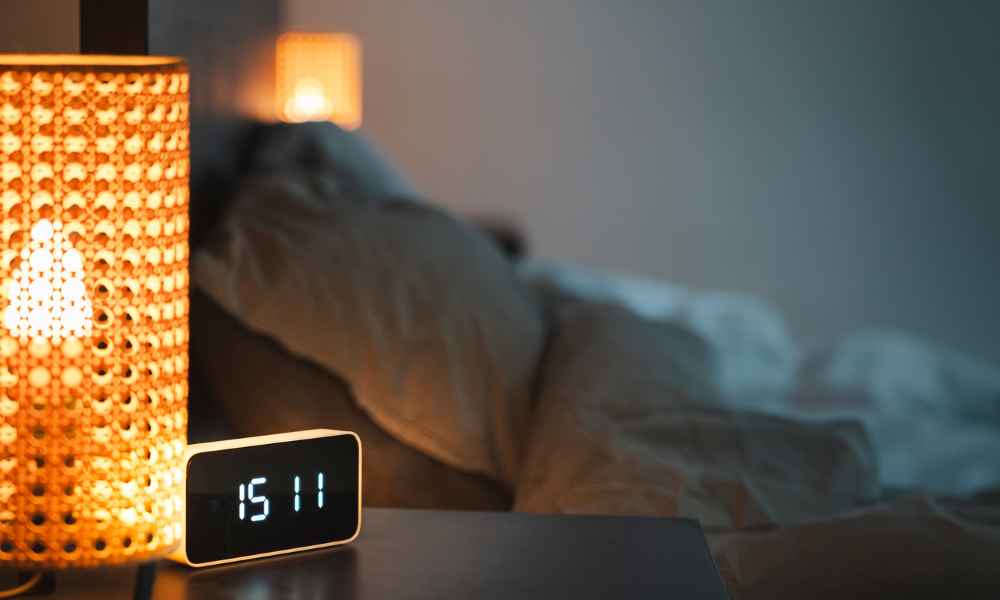In the modern bedroom, every detail matters for enhancing comfort, convenience, and overall ambiance. Among the myriad accessories available, bedroom clocks with light serve not only as timekeepers but also as crucial elements in the room’s functionality and design. These clocks have evolved beyond their traditional role, incorporating features that cater to the needs of the nocturnal and early risers alike.
The Importance of Bedroom Clocks with Light
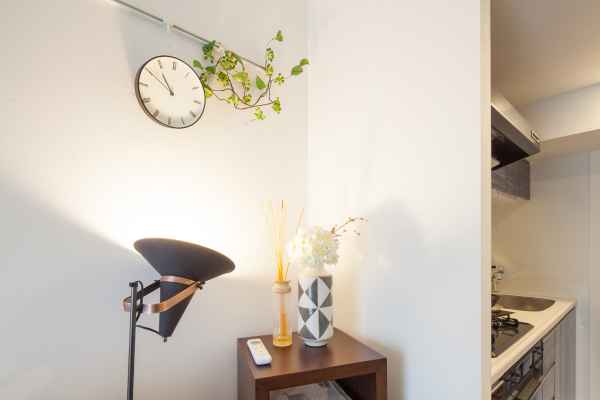
Bedroom clocks with integrated lighting are more than just functional gadgets; they are integral to the modern lifestyle. The added bulb feature supports various essential activities, from reading to gentle illumination for middle-of-the-night awakenings. For many, these clocks also play a pivotal role in their sleep routines, providing a soft bulb that helps maintain a natural circadian rhythm.
Why Having a Clock in the Bedroom Matters
The presence of a clock in the bedroom is fundamental for time management and maintaining daily schedules. It helps individuals wake up on time, keep track of their morning routines, and even wind down at night. In the absence of a clock, one might find themselves constantly reaching for their phone, which can disrupt sleep due to the blue bulb emitted by screens.
Benefits of Clocks with Light Features
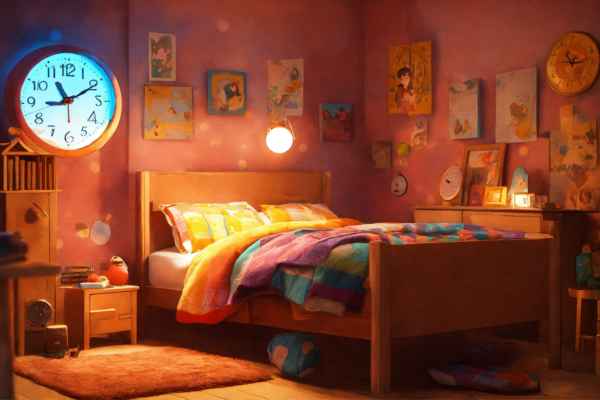
Clocks with light features offer numerous benefits that enhance both usability and comfort. Firstly, they provide visibility in a dark room without the need to turn on harsh overhead lights, which can be jarring during the night and disturb a partner’s sleep. Secondly, many of these clocks come with adjustable brightness settings, allowing for a customized bedroom ambiance that can soothe you into sleep or gently awaken you. Moreover, some models include color-changing options or simulate sunrise, aligning with natural bulb patterns to ease the waking process.
Types of Bedroom Clocks with Light

Bedroom clocks with integrated lighting features come in various forms, each designed to meet different preferences and needs. Digital alarm clocks are perhaps the most common and offer clear, precise time display often with the option of a backlit screen, making it easy to read even in the dark. Sunrise simulation clocks provide a unique feature where the bulb gradually brightens to mimic the natural sunrise, aiding in a natural wake-up process. This type of clock is particularly beneficial for those who struggle with waking up during the darker months. Projection clocks, on the other hand, display the time on the ceiling or wall. This allows individuals to view the time without changing positions, ideal for those who prefer minimal disturbance during the night.
Factors to Consider When Choosing a Bedroom Clock with Light
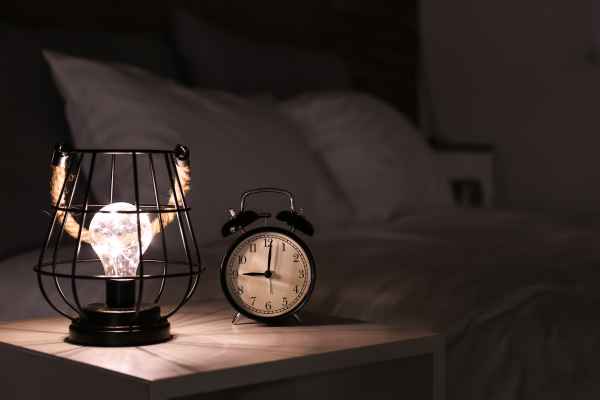
Selecting a bedroom clock with bulb , several factors should be considered to ensure that the clock meets your specific requirements. Display features are crucial; this includes not only the size of the numbers on the display but also whether it has a dimmable backlight to prevent sleep disruption. Light settings are another important aspect, especially if one is considering a sunrise simulation clock or a model with adjustable color temperatures. These settings can help reinforce the body’s natural rhythm and improve sleep quality.
Alarm options are also significant. Some clocks offer a variety of sounds, from traditional beeping to natural sounds or even your favorite radio station. This choice can greatly impact how jarring waking up feels. Finally, design and aesthetics play a role in how the clock fits with the room’s overall decor. Aesthetics might not affect functionality, but a clock that matches personal style and bedroom design can enhance the overall environment and feeling of the space.
Top Picks for Bedroom Clocks with Light
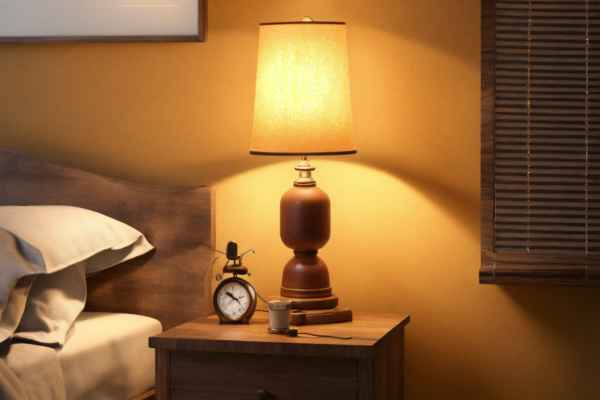
Selecting the best bedroom clocks with light, there are a few standout models that cater to a variety of needs and preferences. For those looking for simplicity with modern features, a digital alarm clock with adjustable light intensity makes an excellent choice, providing ease of use with essential functionality. For a more natural awakening experience, sunrise simulation clocks are highly recommended; they gradually increase the bulb intensity to gently pull you out of sleep. Projection clocks are also popular, particularly for those who appreciate being able to see the time on the ceiling or wall at night without moving.
How to Set Up and Use a Bedroom Clock with Light
Setting up a bedroom clock with bulb is generally straightforward, but following a step-by-step guide can ensure optimal usage:
- Unpack and Place: Start by placing your clock on a bedside table or another stable surface close to your bed. Ensure it’s plugged in or batteries are installed if necessary.
- Adjust the Display: Configure the clock’s display settings according to your preference. This typically involves setting the time and adjusting the backlight brightness to ensure it’s visible yet not too bright during the night.
- Set the Alarm: Program the alarm based on your schedule. If your clock has multiple sound or light options, experiment with these to find what wakes you most effectively and pleasantly.
- Test the Features: If your clock has special features like a radio or sound machine, test these out to familiarize yourself with their operation.
Tips for Maximizing the Benefits of Bedroom Clocks with Light
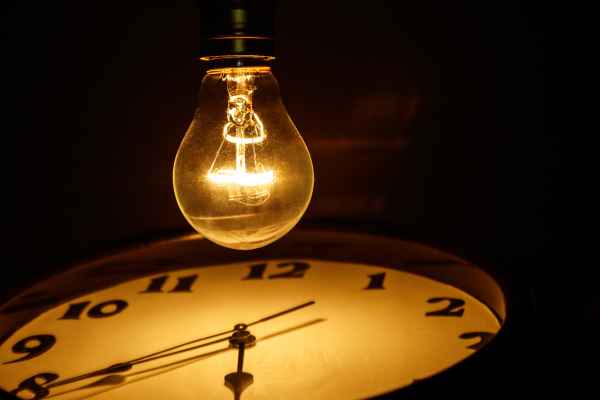
To fully benefit from a bedroom clock with bulb , consider the following tips:
- Placement Tips: Position your clock so that it faces you for easy visibility of the time. If using a projection clock, adjust the angle so that the time is projected clearly and is not obstructed by any furniture.
- Setting Routines: Use the light features of your clock to establish and maintain a sleep routine. If your clock offers a sunset simulation, use it at night to wind down before bed. Similarly, set the sunrise bulb to start 30 minutes before your alarm goes off to help your body prepare to wake up.
Can Bedroom Clocks with Light Help Me Fall Asleep Faster?
Bedroom clocks with light, particularly those equipped with features like sunset simulations, can indeed help individuals fall asleep faster. These clocks work by emitting a soft, gradually dimming bulb that mimics the natural sunset, creating a calming atmosphere conducive to sleep. This not only helps in reducing reliance on smartphones before bedtime, which are known for their sleep-disruptive blue light, but also aids in establishing a consistent bedtime routine, signaling to the body that it’s time to wind down.
Are Sunrise Simulation Clocks Suitable for People with Light Sensitivity?
Sunrise simulation clock can be suitable for people with light sensitivity, but it depends on the individual’s specific condition and the features of the clock. Many of these clocks offer adjustable light settings, allowing users to set the intensity of the bulb to a comfortable level. Additionally, the gradual increase in bulb mimicking the sunrise provides a natural waking method that is generally more gentle than the abruptness of traditional alarms. However, those with extreme sensitivity should consult with a healthcare provider and may need to test different settings to find what works best for them without causing discomfort.
Do Bedroom Clocks with Light Require Special Maintenance?
Generally, bedroom clock with light do not require extensive maintenance. Basic care involves keeping the clock clean and dust-free, which ensures optimal performance of both the clock and the bulb features. It’s also important to check and replace batteries if the clock is not powered by an electrical outlet. For models with advanced features like projectors or multiple bulb settings, refer to the manufacturer’s guidelines to ensure proper functioning and to troubleshoot any issues that might arise.
Conclusion
Bedroom clocks with light offer significant benefits, from enhancing sleep quality to providing a gentle wake-up experience. Whether you are someone struggling to fall asleep or you need a non-intrusive wake-up signal, these clocks can be a valuable addition to your nighttime and morning routines. With features tailored to personal sensitivity and minimal maintenance requirements, they represent a practical and beneficial tool in the pursuit of better sleep and healthier living.
